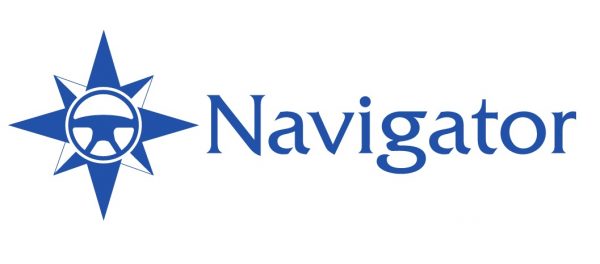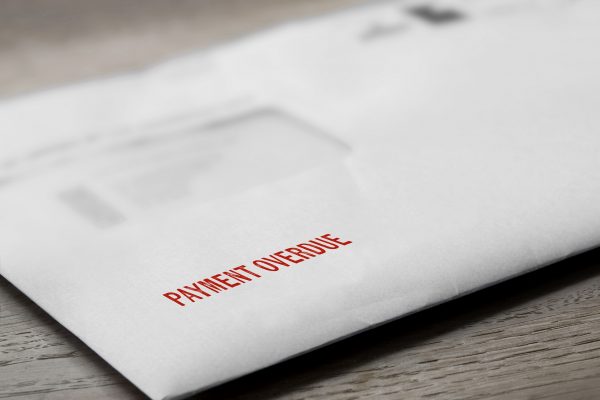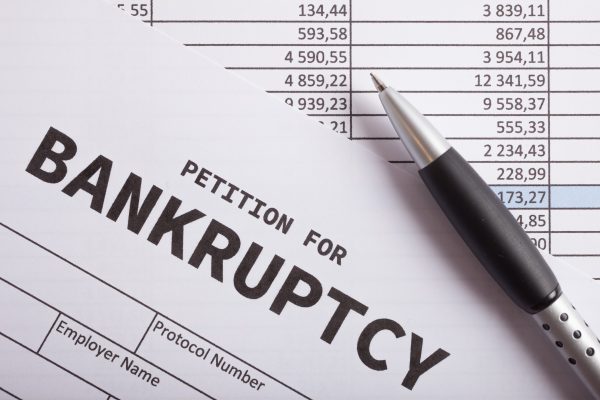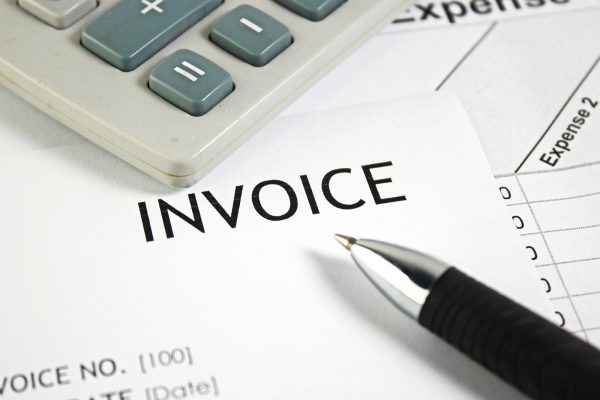Have you ever had a customer paying by cheque? Bit of a nuisance, are they not – the cheques, not the customers.
Not all is as bad as it seems though. In a recent court case, a garage equipped with our advice had a successful debut in court as a litigant in person against a customer who paid for repair by cheque and stopped the cheque before money left his account.
A cheque is a negotiable instrument, it is an unconditional promise to pay. The person who issued a cheque, called a drawer, can be sued if this promise is broken. If a cheque is bounced back for any reason: insufficient funds, the cheque is stopped by the drawer, a claim can be issued against the drawer for the cheque amount.
There is virtually no defence in claims based on cheques. In very rare circumstances the drawer may argue nothing of value was received for the cheque issued, for example, goods were ordered and paid by a cheque but never received. Arguments over quality of goods or services, or their correspondence to the description cannot raise any successful defence. In this respect cheques are favourable different from card payments as chargebacks do not apply to cheque payments.
If you end up with a cheque which is bounced, the next step is to put the drawer on notice of the dishonoured cheque. This will not be required if the cheque was stopped, in legal terms the payment was countermanded.

Our dealers use us to help them be more Efficient and Profitable!
You can use our Dealer and Lead Management software to integrate all dealership departments, both online and physical ; providing all in-house functions; Invoicing, Stock Management, Accounting and Marketing as well as interfacing for advertising, ecommerce and more.




